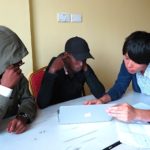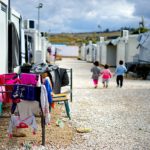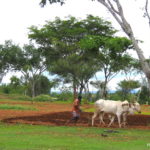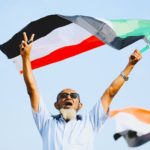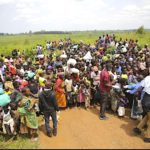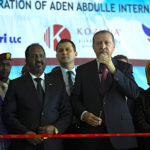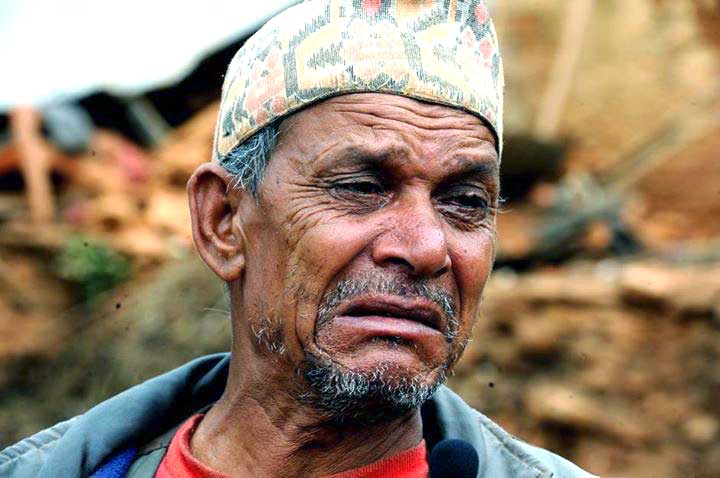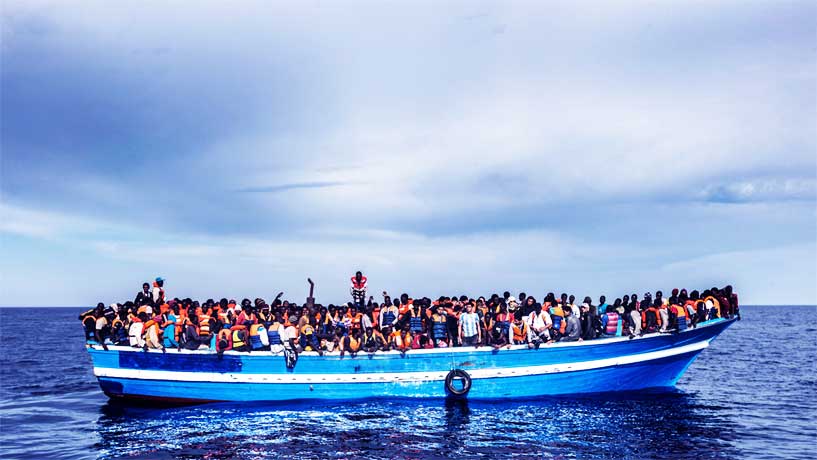The impact of COVID-19 pandemic on SDG attainment in Afghanistan
COVID-19 has constrained many of the ongoing SDG-readying support provided to the Government of Afghanistan and may have major implications for judicious and long-term development policymaking and programming that are needed to achieve the priority SDG targets in Afghanistan.
‘We are in the midst of an intense global transition’, an interview with Zaynah...
"Our approach to South-South cooperation is about generating mutually beneficial opportunities and results by cultivating values with one another and our counterparts in the North. In the process, we demystify stereotypes and create innovative standards for collaborations and measures for success," says Zaynah Khanbhai, founder of South South Women.
Play for Peace: using cooperative play for compassion and peace
Youth-led cooperative play, initiated by Play for Peace, brings together people from different nationalities, religions, and backgrounds to find common ground, build friendships, and create a more peaceful world.
Accept International: offering a new model for reintegrating violent extremists
Accept International developed the RPA model so that the reintegration process could be applied to former violent extremists worldwide, and it appears to be a highly practical tool for conflict resolution and peacebuilding, and with the support of parties from around the world, it has the potential to become an internationally-accepted method in promoting peace.
Not a burden: rethinking refugee camps and protracted displacement
The short-termism and managerialism that has become essentially ubiquitous in refugee camps has led, and continues to lead, to a perception of refugees as a burden.By explicitly politicising the refugee camp space, facilitating a growth of agency and self - determination, as well as promoting human capital development and its investment in the camp, this perception can be proven to be erroneous. Refugees are only a burden if you treat them as such.
Cinderella at the ball: Mainstreaming agroforestry for a resilient post-COVID India
Multi-functional agroforestry landscapes including diversified crops, trees, and animals are keys to social-ecological resilience. If current government reforms indeed succeed in the retention of a considerable fraction of the rural workforce, subsequent scaffoldings are capable of perpetual greening of India’s rural employment sector.
COVID-19 and conflict: communicating for peace during a global health crisis
While this pandemic may have created new forms of exclusion, strategies and tools exist to address health promotion, whilst continuing to communicate for peace in conflict-affected contexts. The design of an integrated peacebuilding and technical health response, which is sensitive to individual conflicts’ dynamics and keeps in mind communication challenges such as misinformation, mistrust and reduced interpersonal contact, is crucial.
Aid workers accused of sexual abuse in DR Congo
More than 50 women have accused Ebola aid workers from the World Health Organization and leading NGOs of sexual exploitation and abuse in the Democratic Republic of Congo, a new investigation reveals.
Refugee resettlement in Uganda: separating the wheat from the chaff
Traditionally Uganda has been sympathetic to the plight of refugees residing within its borders. This hospitality is slowly waning out as the refugee situation in the country becomes more complicated in recent years.
The Middle East powerhouses & geopolitics of Somalia’s fault lines
The Middle Eastern powerhouses are set to pull their Somali clients in opposite directions. If not handled properly, these factors risk further jeopardizing Somalia's state-building process.





